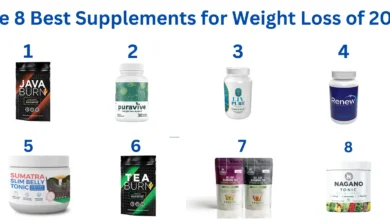Is basically inflamed prostate one of the main causes of DHT overproduction?
No, an inflamed prostate is not considered one of the main causes of dihydrotestosterone (DHT) overproduction. DHT is a potent form of testosterone that plays a role in the development and growth of the prostate gland. It is primarily synthesized from testosterone through the action of an enzyme called 5-alpha reductase.
The overproduction of DHT can occur due to various factors, but inflammation of the prostate, a condition known as prostatitis, is not typically associated with DHT overproduction. Prostatitis is usually caused by a bacterial infection or inflammation in the prostate gland, and it can lead to symptoms such as pain, urinary issues, and discomfort in the pelvic area. However, it does not directly result in an increase in DHT production.
For more details: Prostadine
The main factors contributing to elevated DHT levels are related to the activity of 5-alpha reductase. These factors include:
- Genetic predisposition: Some individuals may have a genetically determined higher activity of the 5-alpha reductase enzyme, resulting in increased conversion of testosterone to DHT.
- Hormonal imbalance: Imbalances in hormone levels, such as elevated testosterone or decreased estrogen, can stimulate the production of DHT.
- Age-related changes: As men age, the activity of 5-alpha reductase may increase, leading to higher DHT levels.
It’s worth noting that DHT overproduction is more commonly associated with benign prostatic hyperplasia (BPH) and androgenic alopecia (male pattern baldness) rather than prostatitis. BPH is a non-cancerous enlargement of the prostate gland, and DHT is believed to contribute to its development.
If you have concerns about DHT levels, prostate health, or any related conditions, it is advisable to consult with a healthcare professional for a comprehensive evaluation and personalized advice.


